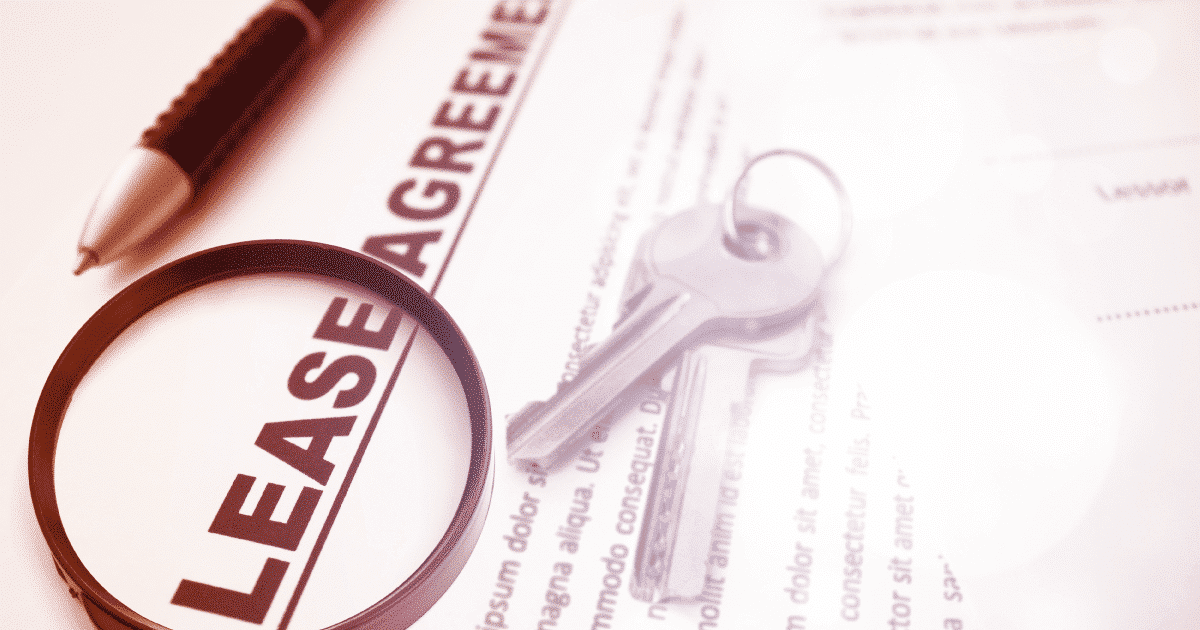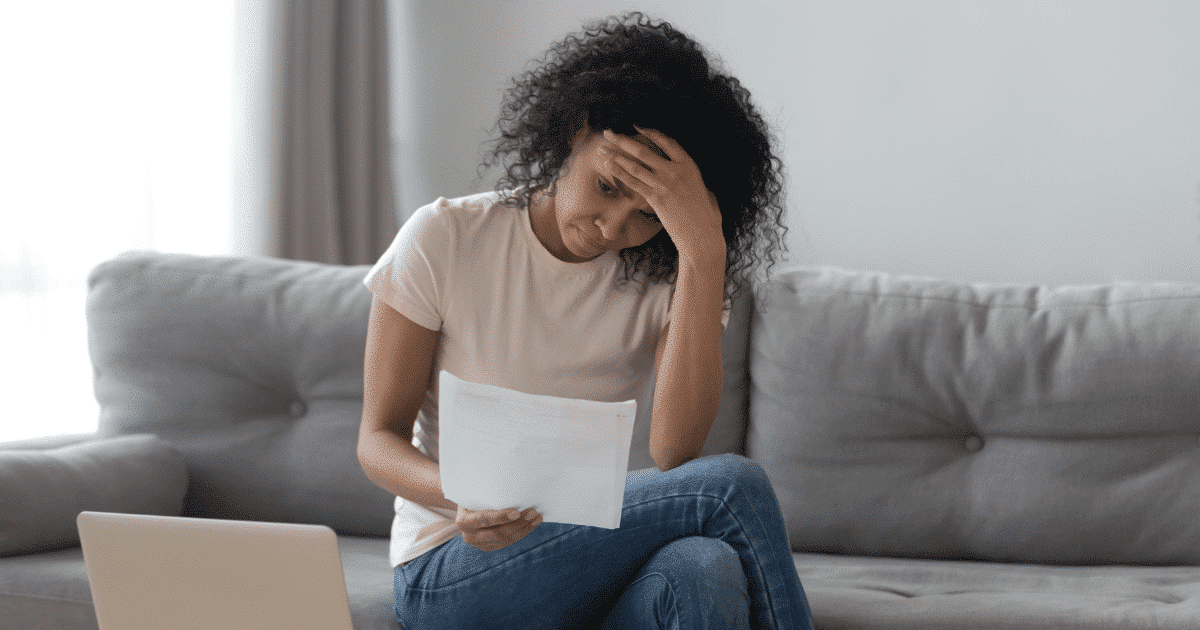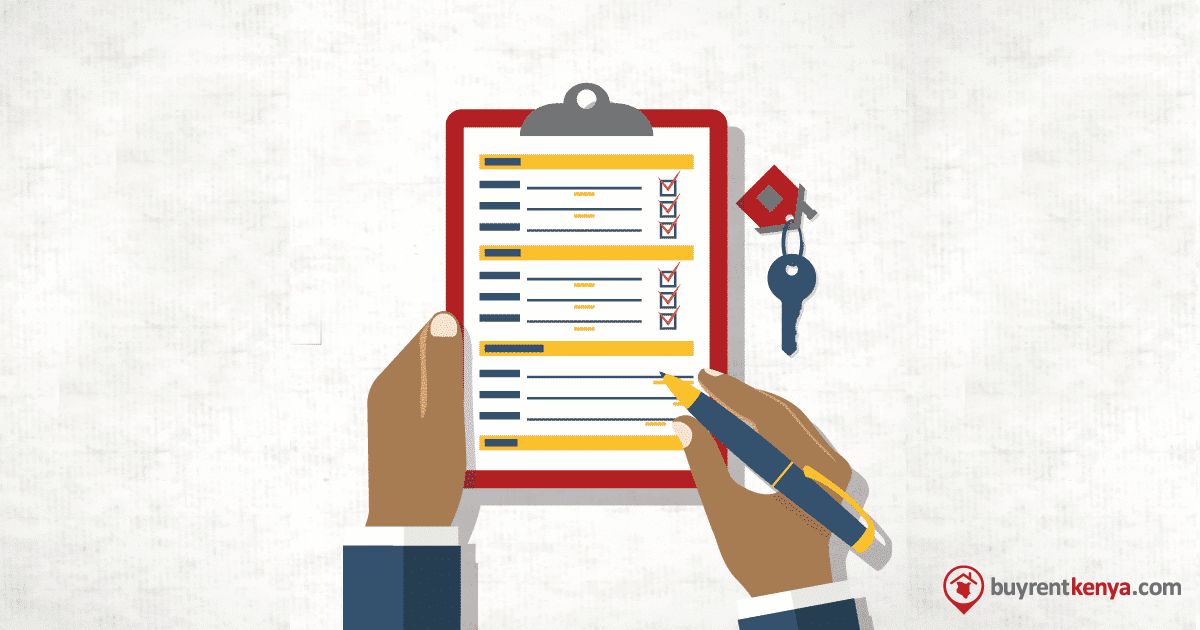You’ve found the house you want to move to and now it’s time to go through the lease before paying rent.
Avoid signing it before reading the fine print to understand the terms and conditions of your lease. This is how people end up missing red flags when house hunting. The worst thing is people get into disputes with their landlords after they have moved in.
Let us look at 10 questions you need to ask your potential landlord to help you understand the lease before you sign it.
Table of Contents
- 1. What does this mean?
- 2. Can you move in before the start of the month?
- 3. What happens when you move out before the lease expires?
- 4. What are the payment options?
- 5. Will they refund your rent deposit?
- 6. Can you make changes to the house?
- 7. Who fixes damages in the house?
- 8. Who has access to your house?
- 9. Is there a grace period for paying rent?
- 10. Can you entertain guests past certain hours?
1. What does this mean?

If you read anything on the lease that doesn’t make sense, now is the time to get some answers. Ask as many questions as you like until you feel comfortable signing the lease.
You don’t want to be in a position where you won’t get your rent deposit back simply because you didn’t read the clause that states the terms of the refund.
2. Can you move in before the start of the month?
Most landlords calculate rent every month. But what happens if you want to move in the middle of the month?
You might want to move on short notice, your current lease expires in the middle of the month or there is an issue with your current house.
What happens in such a situation? You will pay prorated rent. What this means is that you only pay for the days that you’ll stay in the rental for that month.
The tricky part is most landlords will agree to this when you are moving in, but not moving out. Meaning, if you move in say on the 15th, you will pay rent for 15 days. But they won’t allow you to move out on the 15th and pay for only those days.
Ask if this type of arrangement is possible and ensure the landlord states it in writing to avoid having any issues when it is time to move out.
3. What happens when you move out before the lease expires?
Life is unpredictable. Several reasons would make you break a lease. You’ve found a job that is not close to your home, your house could have mold issues or you need to upgrade or downgrade your house.
A lease agreement is binding and if you break it before serving notice according to what is stated in the agreement, this could potentially affect you getting back your rent deposit.
Depending on who you are speaking to, whether it is the landlord, caretaker or agent, ask them what are the penalties involved with breaking a lease and know how it will affect you.
4. What are the payment options?
This is an important one. We’ve heard of stories where people paid for their rent in cash only to be told that the records are missing and they have rent arrears.
Imagine the headache you would get months later after being told that you haven’t been paying rent and you know very well that you have?
Some landlords will ask you to pay using Mpesa, cheque payment or even cash. Just make sure that you get the right payment information and ensure that you ask for receipts each time.
5. Will they refund your rent deposit?

Rent deposit: every tenant’s nightmare. Many tenants have fallen prey to landlords who come up with flimsy excuses not to refund their deposit.
You’ll hear landlords complaining that you left the house in a poor state when you moved out, there was no written agreement that says they will refund your deposit and others will say you have outstanding rent bills to clear.
The Rent Tribunal handles such cases but then it is also a costly process. So if you are in this situation, you might decide to keep quiet and not take any steps towards getting back your deposit.
And landlords also know this to be true about tenants. They know you won’t pursue the case further hence will end up frustrating you to the point where you just give up and forget about your deposit.
Before you sign your lease agreement, do a walkthrough of the house to see if any repairs need to be done before you move in. Take photos of the property before you move in, one copy you’ll share with your landlord and keep the other copies.
If necessary, sign a document with this information because when it’s time to move, this will help you to secure your deposit.
6. Can you make changes to the house?

You want to live in a space that you love and feel at home. But it’s so hard to find that “ready” house because there is nothing like a perfect house.
If it’s not the screaming colours on the wall, it’s the tiles you can’t stand. Then there’s the blank wall that just stares at you with literally no personality whatsoever.
Creating a space you love could mean repainting, hanging art pieces on the wall or installing floating shelves. All of which will affect the structure of the house.
READ ALSO: Home Decor & Lifestyle Tips
Did you know some landlords don’t allow you to paint the house a different colour from the one you found? Some landlords have strict rules and you must ask what they are before signing the lease.
7. Who fixes damages in the house?
This is another major issue that people face when they move to a new house. When something fails in the house, should you fix it yourself or is that the work of the landlord? If the tap is leaking, do you find a plumber to fix it or do you alert the caretaker?
If this clause is not in the lease agreement, ask questions to find out how to handle repairs and damages.
READ ALSO: The Landlord and Tenant Bill 2021
8. Who has access to your house?
Some landlords are so strict when it comes to who has access to the premise. For instance, there are places which don’t allow workers to do repairs over the weekend. Yes, it sounds ridiculous but it’s happening.
Then some who won’t allow the cleaning lady to access your house without your presence. Imagine having to be at home every time you want your house cleaned. Some people don’t mind giving their help keys to their house.
If you fall into this category, you will want to find out what happens if you want someone to come to your house.
9. Is there a grace period for paying rent?
Knowing this information will help you tremendously if your salary is usually delayed or if you’re an entrepreneur. Most landlords will expect tenants to clear their rent on or before the 5th of every month.
While there is room for late payments, don’t assume that it applies everywhere. Find out in advance when you should clear your rent and if there is a grace period as to when you should pay. Also, what will happen if you’re not able to pay rent?
10. Can you entertain guests past certain hours?

In all honesty, some of your guests will get you in trouble with your landlord. Reason being, they cause a lot of noise from high tones when speaking or playing loud music which disturbs the neighbours.
The more your neighbours complain about you, the higher your chances of getting evicted. Always know what the policy is on hosting friends over.
Let’s wrap this up…
Before you sign a lease agreement, you want to make sure you ask all the right questions to avoid getting frustrated while you’re in the new house and when you move out. The lease agreement is the one thing that will protect you if something goes wrong.
If you have a lawyer friend, take some time to go through it with them. They will help you understand legal terms and read through the fine print.



